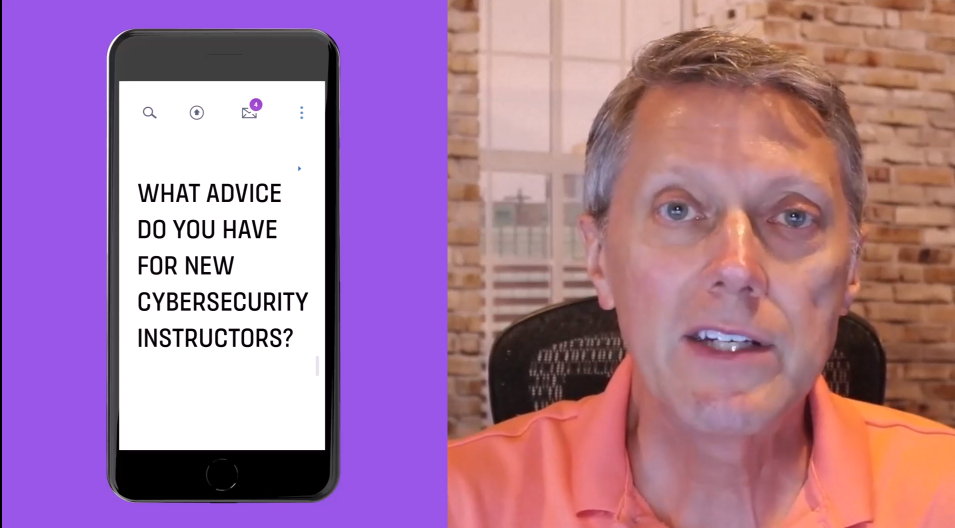Instructors Provide Guidance on Teaching the Cybersecurity Workforce of the Future

Cybersecurity is one of the hottest fields a student could enter. There are millions of jobs available in this industry, and some even think this field is recession-proof.
There are good reasons for this industry’s strength. Nearly every company or organization needs skilled IT and cybersecurity workers, and the field is incredibly lucrative, with firms willing to pay big salaries for good employees.
When it comes to educating the cybersecurity workers of the future, the pressure is on for instructors.
We asked a panel of prominent cybersecurity instructors and textbook authors what they thought were the most important elements in teaching cybersecurity. Our panel included:
- Michael Solomon, PhD, CISSP, PMP, CISM, CySA+, Pentest+, Professor of Cyber Security and Global Business at the University of the Cumberlands. Co-author of Fundamentals of Information Security Systems
- Richard Blum, Linux+ ce, author of Linux Fundamentals
- Paul Witman, PhD, director and professor, Masters in Information Technology (MSIT) at California Lutheran University.
- Ric Messier, GCIH, GSEC, CEH, CISSP, author of Security Strategies in Linux Platforms and Applications
Here’s what they said:
Focus on Strategy, Not Just Tactics
Of course, teaching the technical aspects of cybersecurity is important. Certifications require that cybersecurity professionals who sit for exams must know the ins and outs of the information.
But one overarching piece of guidance to come from our panel was that instructors should focus on taking their teaching up a level.
For example: Instead of just teaching Nmap and all the many different options you could use, focus on some core options, and look at the results. Explain to the students what these results mean, and, most importantly, how using Nmap can map to the corporate strategic goals.
Consider Teaching Remote Strategies
The Covid-19 pandemic has impacted nearly every aspect of our daily lives. The field of cybersecurity is no exception. Instructors should consider that going forward business are going to leverage remote strategies to carry out business activities.
This is true across many disciplines but definitely in cybersecurity. There has been an explosion in remote access, which impacts cybersecurity directly, based on the concept of “identity.”
“If we don’t know who is accessing resources remotely, then there’s going to be a problem trying to secure that,” according to our panel.
Validation of identity and identity-based security such as multifactor identification and will continue to be critical in this field.
Stay Curious
This one may seem obvious, but it’s important for instructors to keep their ears to the ground. Particularly as hackers and malicious actors attempt to pose serious threats to companies and organizations.
It’s important for educators to consume as much as they teach. The next advance in this blossoming field is right around the corner.
To learn more about cybersecurity teaching tools and resources, visit our Cloud Labs site.
Read more cybersecurity content for instructors: